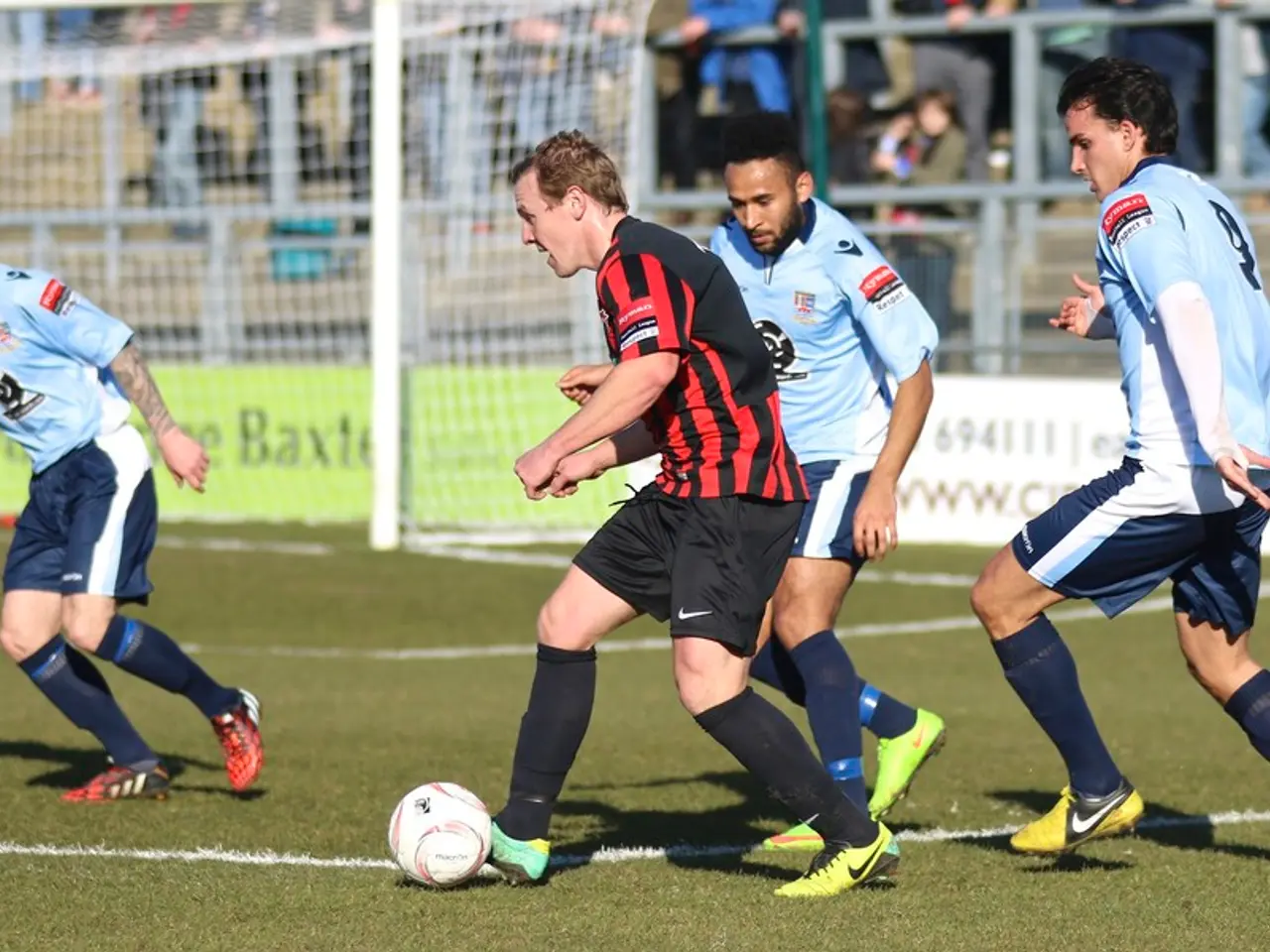Strategies for Dealing with Discrimination Legal Matters
Anti-Discrimination Champions: Building Inclusive Communities
Discrimination remains a persistent issue in many communities, impacting people in various aspects of life such as workplaces, public services, housing, and education. Legal professionals play an integral role in battling discrimination, helping create stronger, more welcoming societies.
By enforcing anti-discrimination laws, representing victims, and holding violators responsible, lawyers ensure justice is served, systemic issues addressed, and individuals suffering from discrimination receive essential legal protection. These legal guardians work tirelessly to establish fair, equal societies.
Navigating the Labyrinth of Anti-Discrimination Laws
A vast network of legal protections exists at multiple levels, including federal, state, and local laws, working together to safeguard individuals from discrimination based on race, gender, religion, age, disability, and sexual orientation. Understanding these laws is vital for legal professionals who spearhead discrimination cases. Key federal legislation includes the Civil Rights Act of 1964 and the Americans with Disabilities Act (ADA).
Workplace discrimination is regulated by the Equal Employment Opportunity Commission (EEOC), which monitors hiring, promotions, and workplace treatment, while housing discrimination falls under the Fair Housing Act. Many states offer additional protections, and some local jurisdictions address specific issues, such as protections for the LGBTQ+ community or assistance for domestic violence survivors seeking housing.
Fighting Discrimination: A Strategic Approach
When a discrimination complaint is lodged, lawyers follow a structured approach to tackle the issue effectively. This approach encompasses investigation, negotiation, and, if necessary, litigation. Attorneys collect evidence, such as emails, employment records, and testimonies, to build solid cases. They might collaborate with experts, like workplace analysts or sociologists, to expose systemic biases within institutions.
Many discrimination cases are resolved through negotiation, securing settlements that compensate victims while instigating policy changes within organizations. Lawsuits are pursued only when negotiation fails or the discrimination is severe, offering justice for victims and setting legal precedents that shape future polices and deter discriminatory behavior.
The Advocates for a Fair Tomorrow
Discrimination lawyers specialize in cases involving unfair treatment based on protected characteristics. They support victims, file formal complaints, and work tirelessly to establish legal recourse. Beyond representing individual clients, these champions of justice engage in broader advocacy efforts, pushing for legal reforms and policies that strengthen protections for marginalized communities. Their tireless work contributes to lasting change and institutional accountability.
The Victories and Challenges: Shaping a Future of Equality
Legal actions against discrimination positively impact communities by creating safer, more equitable environments for people of all backgrounds. However, the fight against discrimination is an ongoing one, requiring continued vigilance and dedication from legal professionals. By adhering to clear anti-discrimination and anti-retaliation policies, conducting thorough and impartial investigations, offering conciliation and mediation, implementing training and education programs, and prioritizing open and transparent communication, lawyers strive to create a world where everyone can thrive without fear of discrimination.
The Indispensable Support of Legal Representation
Discrimination cases can be overwhelming and emotionally charged for victims. Legal representation provides crucial guidance and emotional support, ensuring these individuals have the strength to navigate the legal system with confidence. Attorneys help victims understand their rights, file complaints, and advocate for fair resolutions. Without legal assistance, many victims may struggle to prove their claims or accept settlements that do not fully address the harm they have suffered.
In conclusion, lawyers dedicated to fighting discrimination help build stronger, more inclusive societies, not only securing justice for victims but also shaping a future where discrimination is a thing of the past.
In the mission to build inclusive communities, legal professionals delve into policy-and-legislation, specifically focusing on employment law and civil rights, to ensure a fair treatment for all individuals. (Anti-Discrimination Champions: Building Inclusive Communities)
Lawyers' strategic approach to discrimination cases, encompassing investigation, negotiation, and litigation when necessary, is instrumental in shaping a future of equality, as they pursue legal reforms and advocate for polices that strengthen protections for marginalized communities. (The Advocates for a Fair Tomorrow)








